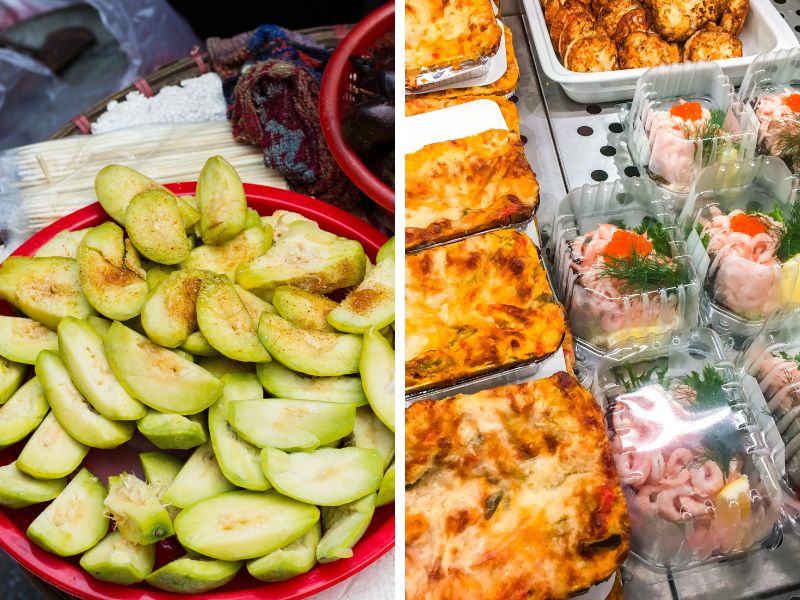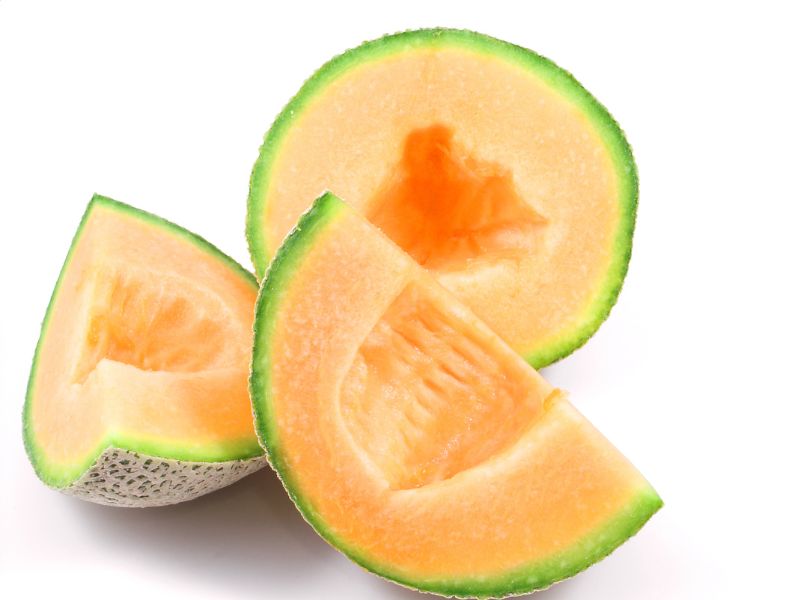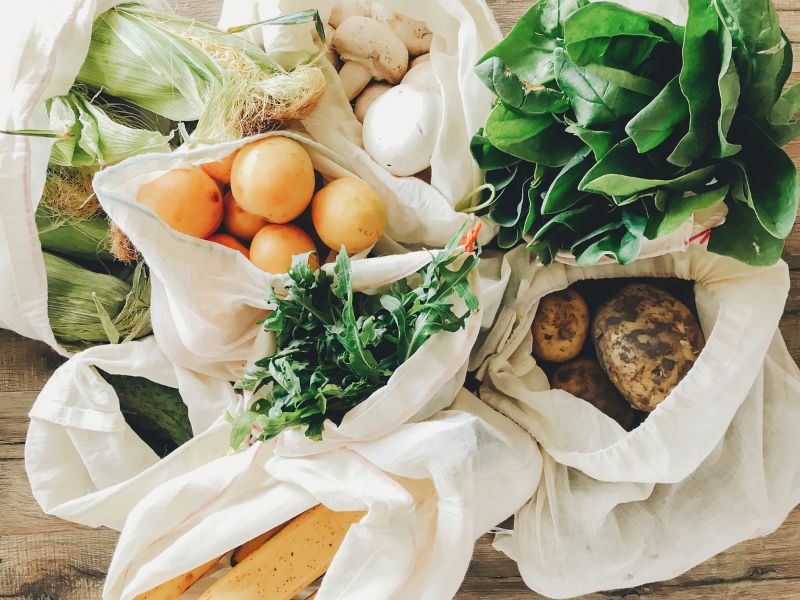Darin Detwiler, Chair of the National Environmental Health Association’s Food Safety Program, highlights concerning issues in bagged lettuce, citing numerous outbreaks, recalls, and a lack of transparency. While the United States leads in food safety measures, experts like him remain cautious about supermarket choices. Here’s a look into their shopping habits and the compelling reasons you should consider doing the same:

Canva. com
Pre-Cut Fruit
Darin Detwiler, a food safety expert, cautions against buying pre-cut fruits at supermarkets due to potential contamination risks. He emphasizes that convenience should not come before safety. Detwiler has witnessed hygiene lapses among supermarket workers in the produce section, leading to contamination and pathogen growth in pre-cut fruits. Assessing their quality is challenging until you open the packaging at home.
Ready-To-Eat Cooked Foods
Supermarket grab-and-go sections with ready-to-eat cooked foods can harbor pathogens. Detwiler advises against them due to temperature challenges. These foods often sit in the “danger zone” (40°F to 140°F), where bacteria thrive and pose health risks if left for over two hours. Cross-contamination and allergen concerns are also high. While convenient, this setup increases food safety risks.
Bagged Lettuce
Detwiler is worried about the safety of bagged lettuce due to frequent outbreaks, recalls, and a lack of transparency. He recommends purchasing whole lettuce heads and washing them at home, given past E. coli and listeria issues. Detwiler emphasizes that convenience should not compromise food safety, given previous incidents with pre-packaged “pre-washed” greens.

Canva. com
Most Deli Counter Items
Khubchandani and Detwiler avoid deli counter items due to food safety concerns. Workers at these counters may not follow safety protocols, and there’s a risk of contamination from sick employees. Detwiler recommends choosing packaged products with clear labeling, including company names, dates, and lot codes, to address these issues for safer home preparation.
Cantaloupe
In 2011, cantaloupe caused a lethal listeria outbreak, with 33 fatalities and 147 illnesses, ranking among the deadliest foodborne incidents in the U.S., says Detwiler. Cantaloupe’s challenging-to-clean skin and conducive internal pH accelerate pathogen growth. When slicing cantaloupe, skin bacteria can contaminate the fruit’s interior. Detwiler advises against saving leftovers, as extended storage leads to more pathogens.
